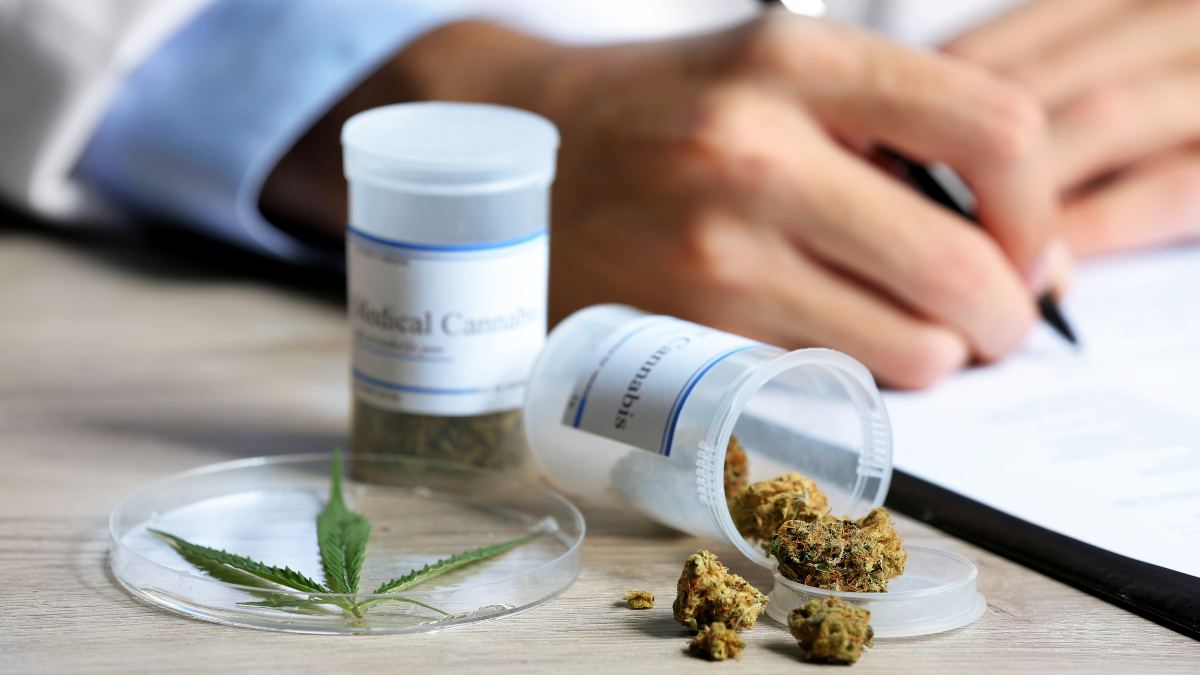Deriving medicine from plants goes back to the ancient Egyptians. Since then, scientists have identified more than 390,000 plants on the earth, most of which have not been studied for their medicinal applications.
Promoting and fostering research, development and conservation of plants useful to human health is the focus for the 12th annual American Council for Medicinally Active Plants Conference, now underway at West Virginia State University.
One in-state conference presenter is Dr. Gary Rankin, vice dean of Biomedical Sciences with the Marshall University Joan C. Edwards School of Medicine.
Rankin said many don’t realize that a lot of the drugs that people first started using came from natural sources.
“Aspirin is actually developed out of the bark of willow trees,” Rankin said. “Digitalis, which is one of our main drugs for treating congestive heart failure, actually comes from a plant called foxglove.”
Rankin said plant-based treatments are germane to treating the many forms of cancer.
“There are over 270 different types of cancers,” Rankin said. “When we talk about finding a cure, we’re actually talking about individual diseases under the umbrella of cancer. We have a number of natural products that are already on the market for treating cancer, drugs like Aqua Taxol or Taxol, which we got from the western yew. Zinc alkaloids have been around for years, and they come from the Madagascar periwinkle, so the potential is there.”
Rankin said worldwide research continues to find new plant extracts to treat diseases.
“New drugs, or compounds to make the drugs, to treat not only cancer but infectious disease, cardiovascular disease, many other things,” Rankin said.
Rankin said studies in medical cannabis continue to advance in discovering new medical applications.
“Anytime you look at different strains of the marijuana plant, you’re always looking for new uses for the chemicals that are in cannabis,” he said. “I know one of the subspecies of cannabis they’ve looked at that produces a high level of a chemical that can treat certain types of epilepsy that are resistant to other types of drug therapy.”
He said in the battle for global food security, many people don’t realize that most food is lost because of fungi that grow on different food crops.
“There are a lot of studies going on right now trying to find new compounds from natural sources that will combat these fungi and kill them so that the food is not destroyed by fungal infections,” Rankin said.
The conference theme is “Exploring the Unexplored: Science and Applications of Medicinal Plants.” Lectures and seminars will focus on scientific advances in several health areas, including anticancer plant bioactives, chemistry of medicinal plants, plant-based antimicrobials, and the forementioned and newly emerging field of hemp and medicinal cannabis.
More information about the conference, including the complete agenda of speakers, is available at www.acmap.org.
